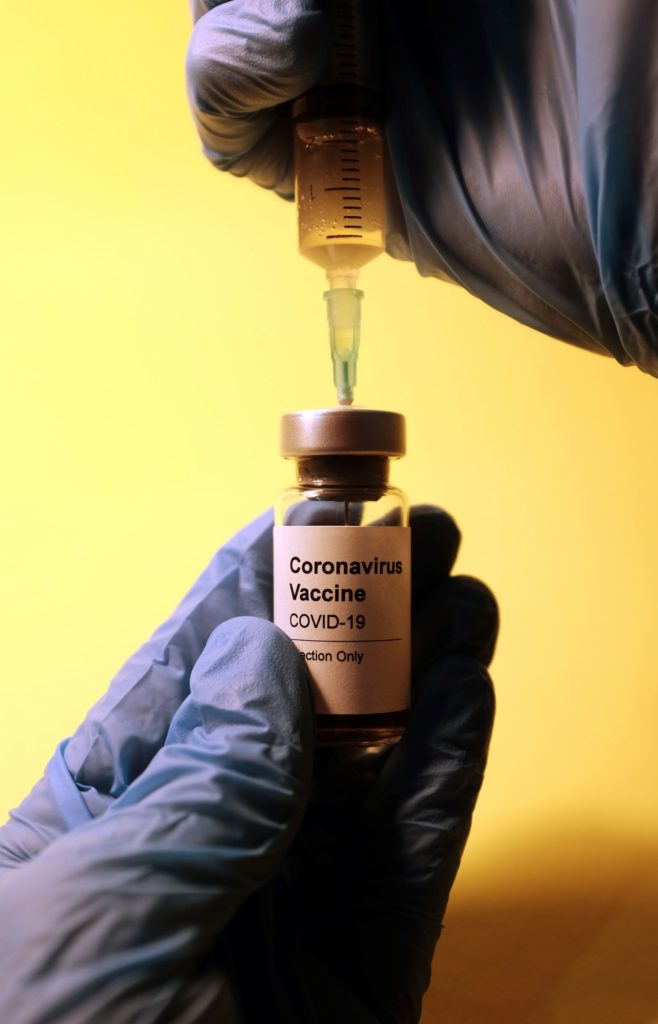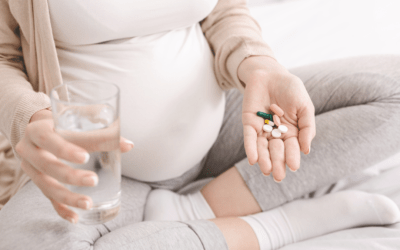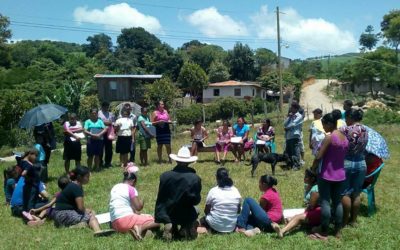Dr. Mary Vallecillo (Honduras) and Dr. Diana Vanegas (Ecuador) answer several questions about the vaccination process against Covid-19 in these groups.
Mass vaccination against Covid-19 began in December 2020. Currently 271 million people in the world have received at least one dose of any of the vaccines that have been approved for use in humans.
The vaccination process is being carried out in phases, since the number of vaccines is still limited. Therefore, following the recommendations of the World Health Organization (WHO), in order to reduce the incidence of the most serious forms of the disease, deaths and avoid the saturation of hospitals, priority groups have been determined.
The WHO Expert Group on Strategic Advice on Immunization established that the first people who should receive the doses against Covid-19 are the front-line workers of medical establishments, people over 65 years of age and those under 65 who suffer from diseases that can cause death, in an eventual contagion of coronavirus.
The rest of the population must wait for the corresponding phase, according to their age, health status and level of risk and exposure to the virus. Within these groups, in most countries, mass vaccination for pregnant women, nursing mothers, children and adolescents has not yet been considered.
We spoke with doctors Mary Vallecillo, researcher at the Department of Chemistry and Biochemistry at Brigham Young University in the United States, and Diana Vanegas, pediatrician, teacher and director of the Master of Sexuality at the University of Cuenca in Ecuador, about the feasibility of vaccination to These groups.
¿Qué personas pueden colocarse esta vacuna?
MV: All population groups that were included in the studies carried out by the laboratories can be vaccinated in the different stages of vaccine development. That is, people over the age of 16, for the Pfizer doses. Or 18 years of age and older, including those who have a pre-condition of the disease, with the other vaccines that are authorized.
¿Pueden vacunarse las mujeres embarazadas?
MV: Although the group of pregnant women was not included in the studies, during the entire trial process, 23 of the participants became pregnant. There is no data on abortions among these women and according to the monitoring that was carried out, they had no known complications so far. In the United States, the Centers for Disease Control and Prevention (CDC) and the Independent Committee on Practices and Immunizations are collecting information on the vaccination process in pregnant women and have resolved to leave the personal discretion of each pregnant woman if she wishes to be vaccinated. However, they recommend that pregnant women who belong to health personnel should receive the Covid-19 vaccine.
The American College of Gynecology and Obstetrics has stated that pregnant women can freely make the decision to get vaccinated against Covid-19, but suggests that they discuss this option with their doctor. This organization recommends that the vaccine should be offered both to pregnant women and also to nursing mothers. In the United Kingdom, since last December 30, it has been suggested that pregnant women or those who plan to become pregnant and nursing mothers should receive their vaccine against the coronavirus.
DV: There is also no specific restriction on avoiding pregnancy, in case of receiving the doses against Covid-19. Women and their partners can get vaccinated and continue to plan for pregnancy, based on existing research.

¿Se vacunará a los niños?
DV: At the moment children are not being vaccinated, since the studies of the vaccines that are authorized have not been developed with them. However, some laboratories have announced that these studies are ongoing. For now, they are not part of the vaccination campaigns and we must remember that although it is true that young children have the most immature immune system, it can act in different ways against the virus, causing milder symptoms and fewer complications.
We should also wait to verify the research that is being carried out on the immunity of children, because it may happen that they develop a natural immunity or that they have previous immunity caused by other coronaviruses and that could be protecting them against that infection, but all this is subject to checkout.
Until both the doses against the coronavirus will be applied to adolescents from the age of 16.
MV : In the future the children will be vaccinated. The respective studies are currently being carried out and it is expected that by the end of 2021 a vaccine for children will be available.
¿Existen datos sobre la incidencia del coronavirus en los recién nacidos?
DV: It is low. In pediatrics we speak that it is 1% to 2% in newborns and infants and increases according to the age of the child. Of the few babies that have been infected, it is believed that the transmission of the virus was carried out from the medical staff of the hospital where the delivery was attended or in the family environment. There is no evidence of vertical transmission, from mother to child, through the placenta or at the time of delivery.
¿Es compatible esta vacuna con la lactancia?
MV: The vaccine is not expected to pass through breast milk, but the antibodies against Covid-19 produced by the mother are expected to give the child some protection against this infection. A study published by Yale University in February this year determined that antibodies to Sars-CoV2 were found in a newborn after the mother received the first dose of the Covid-19 vaccine, three weeks before giving birth. This finding undoubtedly shows the ability of the vaccine to immunize not only the mother, but also the newborn. And the CDC has stated that the vaccine poses no risk to infants.
DV: In studies prior to the approval of vaccines, it was established that there is no evidence of alteration of the quantity or quality of breast milk in the inoculated organisms. The recommendation of all health organizations, globally and locally, is to maintain breastfeeding. Immunoglobulin A, present in breast milk, protects the baby from the entry of the virus and, in the case of infection, limits the possibility of developing the disease.
Photo 1: JC Gellidon on Unsplash
Photograph 2: Hakan Nural on Unsplash
Learn more about our upcoming trainings HERE



